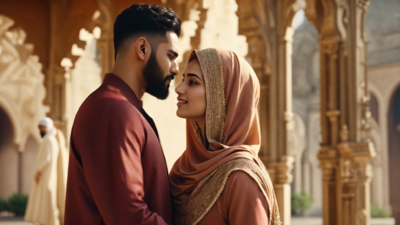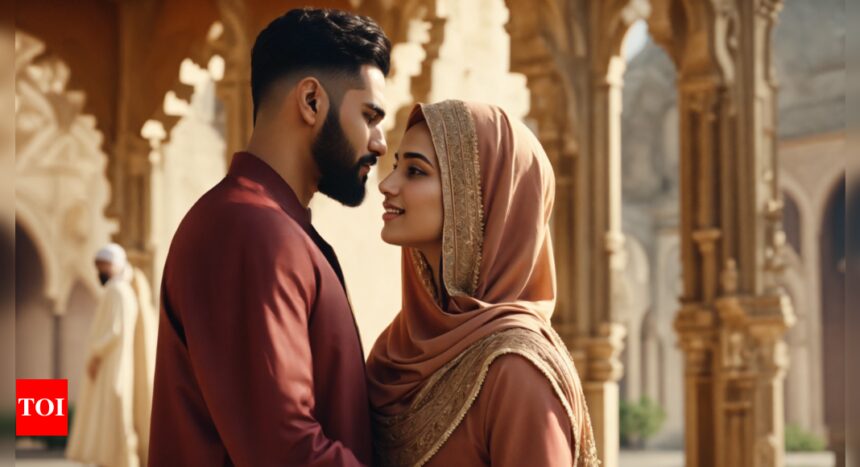
In Pakistan, the traditional matchmaking system is facing competition from marriage apps specifically designed for Muslims. These apps are being adopted as an alternative to the longstanding tradition of using “rishta aunties,” or matchmakers, who facilitate arranged marriages.
Ezza Nawaz, a textile designer in Lahore, decided to try an app after witnessing a friend’s successful marriage through an online introduction.”When I saw my colleague happy after being married to someone she met online… I thought, since we have tried rishta aunties for four or five years, let’s try this too,” she told AFP. Nawaz married Waseem Akhtar just three months after meeting him on an app called Muzz.
Traditionally, rishta aunties prepare women and present them to potential suitors’ families in Pakistan, where dating is often seen as dishonorable. More than 80% of Pakistani marriages are arranged, according to a Gallup and Gilani Pakistan survey, with families taking the lead in deciding unions.
Despite offering features like the option to blur profile pictures and providing message transcripts to a relative, marriage apps still face stigma, according to an AFP report. They are seen by some as comparable to casual dating apps like Tinder, which is banned in Pakistan.
Waseem Akhtar, married to Nawaz, admits to being discreet when discussing their meeting. “I do not tell people how I met my wife until I am sure that the person would not judge us,” he said.
In Pakistani culture, marriage is viewed as an alliance between families, and choosing a spouse independently is seen as challenging traditional structures. Rida Fatima, who used a rishta auntie, found the advice limiting and invasive. She was told to list “cooking and cleaning” as her hobbies instead of her interests like hiking and photography. “They had the audacity to talk about how I looked, what I did, how much I earned, who my family is, how many brothers I have, and what my future aspirations are. So every little thing is judged,” she said.
Marriage apps continue to rise in popularity, with 1.2 million Pakistanis signing up since the launch of some apps last year, according to an AFP report. Despite this, traditional matchmaking remains strong, reflecting deep-rooted cultural practices. Matchmaker Fauzia Aazam dismisses marriage apps, stating, “People waste time on these apps. Chatting together all through the night, I just don’t like it.”
Feminist author Aisha Sarwari points to control issues in the traditional matchmaking process and suggests a balanced approach. “I would say that we need to find a good middle ground, where the respect is equal on both sides and there is no sense of demeaning a human being just because they look a certain way or they are from a particular race,” she said.
Aneela, a digital media artist, experienced different challenges on marriage apps. She found men lying on profiles and admitted to using fake details herself to avoid being identified. Eventually, she considered returning to arranged marriage options.








